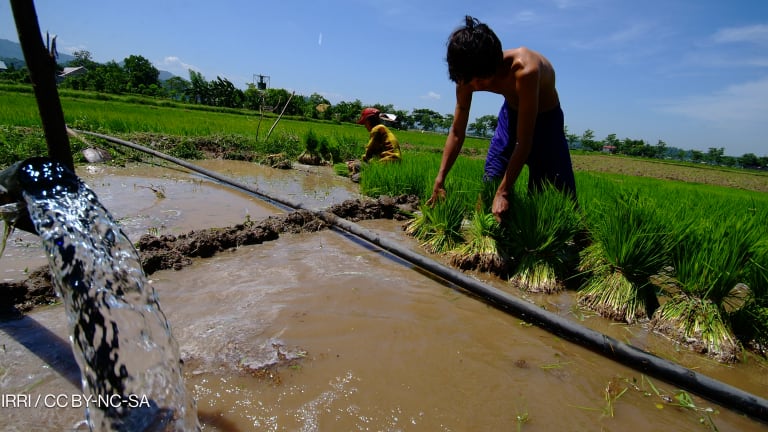India-Pakistan conflict shows the need for better water agreements
India suspended a key water-sharing agreement with neighboring Pakistan in late April, citing cross-border terrorism — the latest in a series of escalations between the two countries. The decision could have far-reaching consequences for economic development and lasting peace, experts said.
The Indus Water Treaty divides use of the Indus River and its six tributaries between India and downstream Pakistan. Brokered by the World Bank in 1960, the agreement has survived several previous military confrontations. But in an unprecedented move, India announced that it was suspending the treaty after what it claimed was an Islamabad-backed “terror attack” on civilians in the contested Kashmir region, with India vowing to use its dams to cut off the flow of water to Pakistan.
“We will ensure that not even a drop of water from the Indus River goes to Pakistan,” said India's water resources minister. De-silting operations and the lowering of sluice gates have already reduced downstream flow by up to 90% on one tributary, according to some reports. Pakistan's adviser on foreign affairs responded by calling the decision “an act of war.”
Search for articles
Most Read
- 1
- 2
- 3
- 4
- 5








